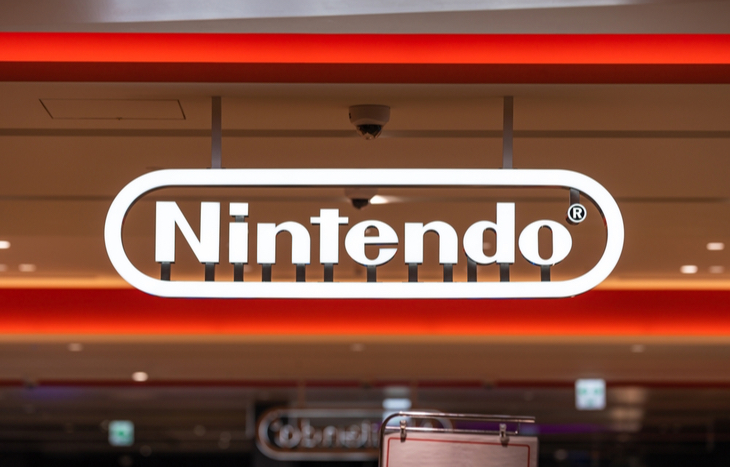More than half of the Chinese companies surveyed by a leading US business lobby in Shanghai believe the country’s economic management is deteriorating.
The American Chamber of Commerce in Shanghai called for a relaxation of China’s strict zero-Covid policy as it found that around a fifth of the 307 companies it surveyed were pulling back on investment, mostly as a result of coronavirus measures.
Although 55 per cent of the businesses remained optimistic over a longer term horizon of a three-to-five year period, this was the lowest level since the survey began in 1999.
Chinese officials frequently impose citywide lockdowns that confine people to their homes after just a handful of positive cases. As a result, business activity in Shanghai — China’s financial centre — was severely disrupted for more than two months in the spring, stunting economic growth.
China should “pivot to a more sensible approach to managing Covid-19 based on a reasonable balance between public health and the economy”, said Eric Zheng, president of the Shanghai chamber, adding that the measures have “upended business performance expectations”.
While three-quarters of the surveyed businesses were profitable in 2021, less than half expected their revenues to grow in 2022, the lowest proportion in a decade. Just 47 per cent thought revenue growth in China would exceed their companies’ growth worldwide.
China’s economy grew 3.9 per cent in the third quarter, according to data released on Monday, a week later than expected. The rise is well below Beijing’s already multi-decade-low growth target of 5.5 per cent, and the World Bank anticipates that China will underperform Asian growth this year for the first time since 1990.
Business activity has been hit by the dual impact of a property crisis, which erupted a year ago with the default of developer Evergrande, as well as the zero-Covid controls that have been stepped up this year amid the highly infectious omicron variant of the virus.
At a time when other large economies have removed the vast majority of Covid prevention measures, PCR testing is an almost daily requirement on public transport or for entering public spaces. The government’s top epidemiologist recently said it could administer 1bn Covid tests a day.
Factories in China have often resorted to so-called “closed loop” systems, where workers do not leave the site in order to continue working under lockdowns. This week, viral videos circulated of workers saying they were unable to access supplies at a factory of Foxconn, which makes Apple iPhones.
As well as disrupting domestic activity, the Covid measures have made it difficult for foreign business people to enter the country. This week, the government unveiled measures to make it easier for foreign travellers, and in the summer, hotel quarantine requirements were cut to seven to 10 days from the previous 14-day period.
Beijing has declined to provide a timetable for a full reopening and its approach was widely supported in state media in the build-up to last week’s 20th party congress. The US report also highlighted a host of other issues facing foreign business in China, while suggesting the Covid controls were a “temporary” issue.
“Hopefully, at some point, this [zero-Covid] will be over, but there are more long-term structural issues,” said Zheng, pointing to domestic competition, geopolitical tensions, and “rising labour costs”.
















